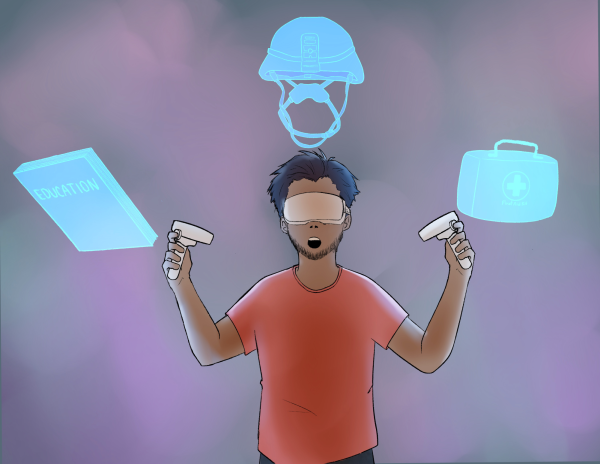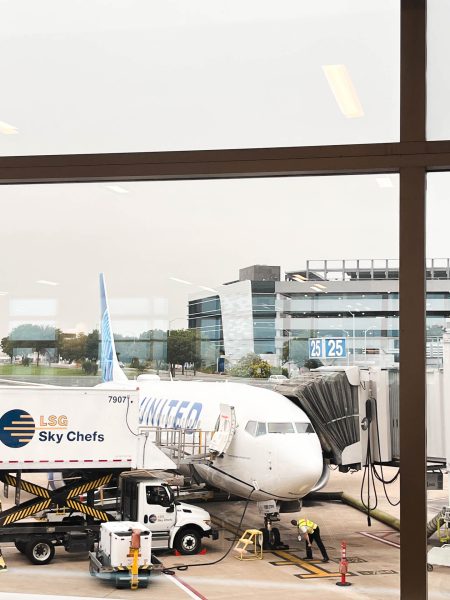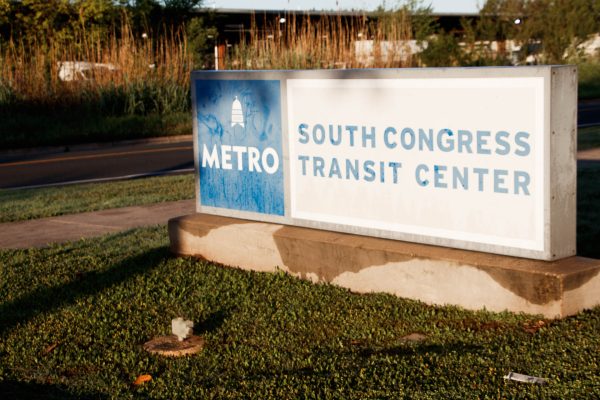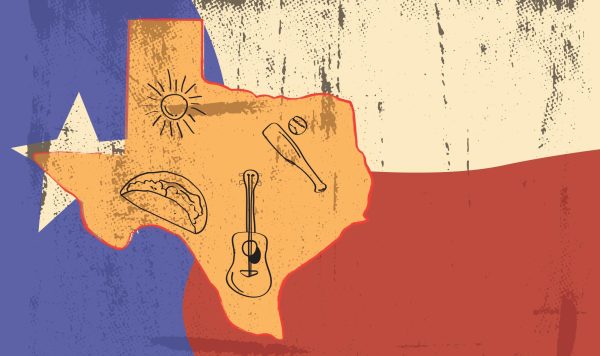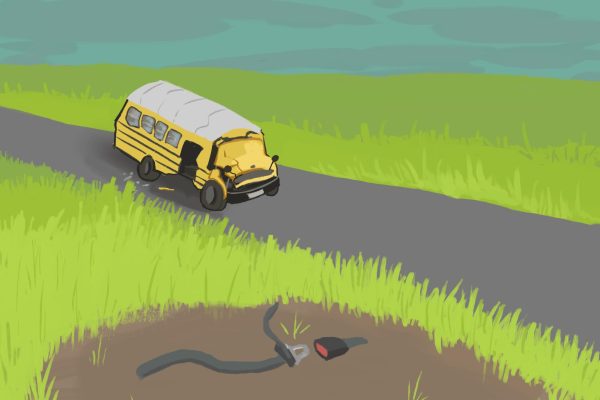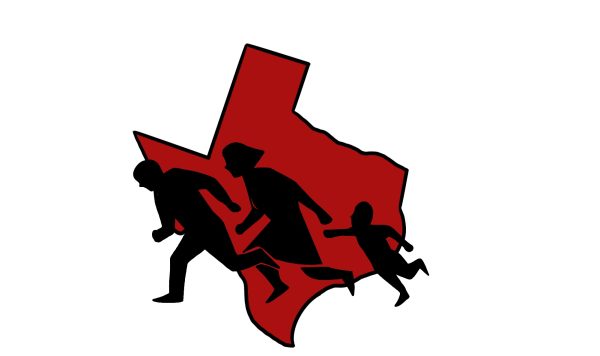Spain’s reaction to Catalonian independence referendum stoked by fear, economics
The Spanish region of Catalonia held an independence referendum this Sunday in a show of defiance against the government in Madrid. Catalonia, a region with roughly 7.5 million people with a distinct language and culture, has long vacillated between begrudgingly accepting the rule of Spain and calling for independence. Catalans claim that their national identity gives them the right at least to decide whether they want to be a part of Spain or not; and they are right. Catalans, as much as any other group, have the right to self-determination, even in the face of a democratic government.
The vote, which took place all over the region, was met with decisive opposition from the Madrid government. About 750 people were injured in clashes with national police attempting to prevent the referendum, along with dozens of officers. In preparation for Sunday, Catalans camped out inside polling locations and took doors off of buildings to prevent the state authorities from closing them down. Some 2.3 million people turned out to vote, with the Catalan government claiming the referendum was approved by 90%.
Catalonia draws parallels to the case of another stateless nation currently vying for independence: the Kurdish people of the Middle East. The Kurds in Iraq and Turkey have long fought for independence and have met with terrible backlash from authorities seeking to uphold the status quo. Both Catalonia and Iraqi Kurdistan contain serious economic resources. Catalonia, which includes the city of Barcelona, is considered to be the powerhouse of Spain’s economy, while Kurdish territory contains vast oil reserves. Although the interests and histories of these two regions do not align perfectly, both are fighting for independence and a state to call their own.
The authority of a democratic government exists only because people allow it. When that support ends, so should the authority. What the Catalan referendum and, perhaps more importantly, the backlash from the state reveal is that Spain has lost its authority in the region.
The main grievances of the Catalan people stem from what they see as an unfair trade. For years, they claim, the Madrid government has denied them political self-determination and taken too much of their wealth away; in effect, taxation without representation. If these factors do not constitute a right to at least vote for independence, then what could?
As with Kurdistan, the international community has been largely silent on the issue of Catalan independence. Only a few countries, such as Venezuela and Scotland, have publicly supported the referendum, while most others are afraid of upsetting relations with a powerful member of the European Union. However, the time for this has passed. The world has clearly seen that the Catalan people are willing to undergo police repression and opposition from the government just to vote, and if other nations begin showing support for the region, Spain’s claim to authority will collapse.



